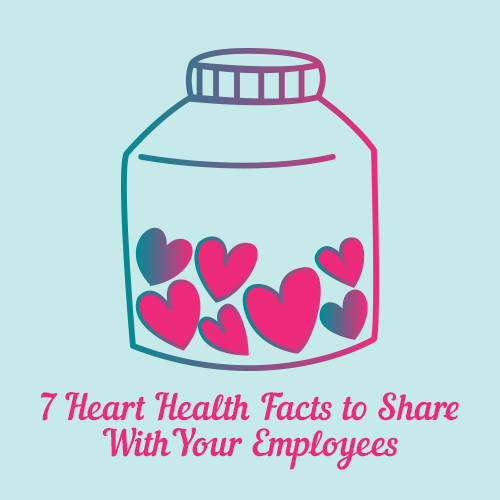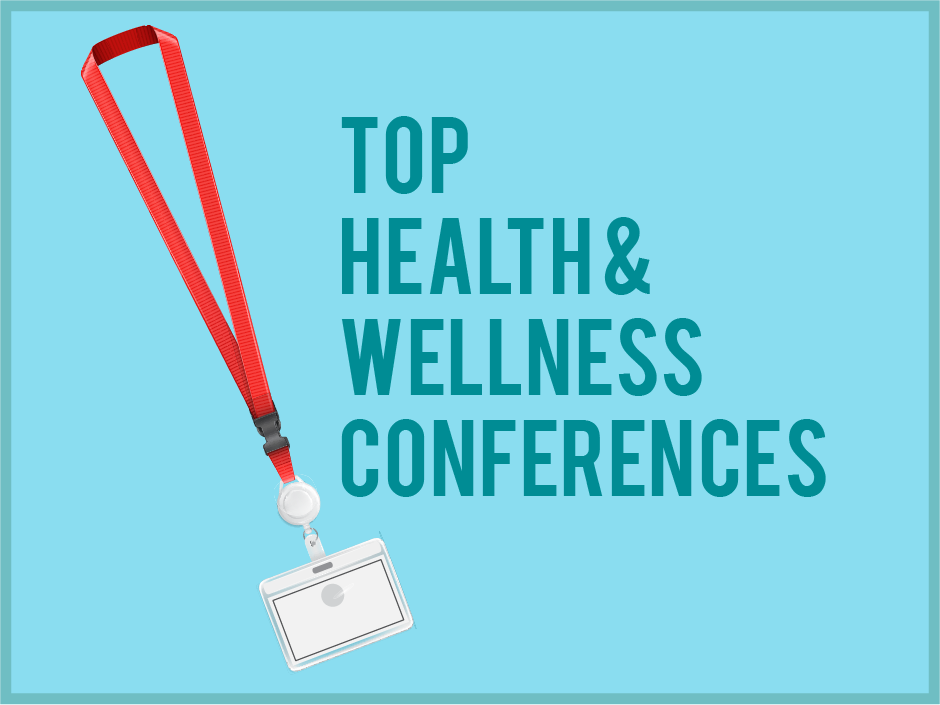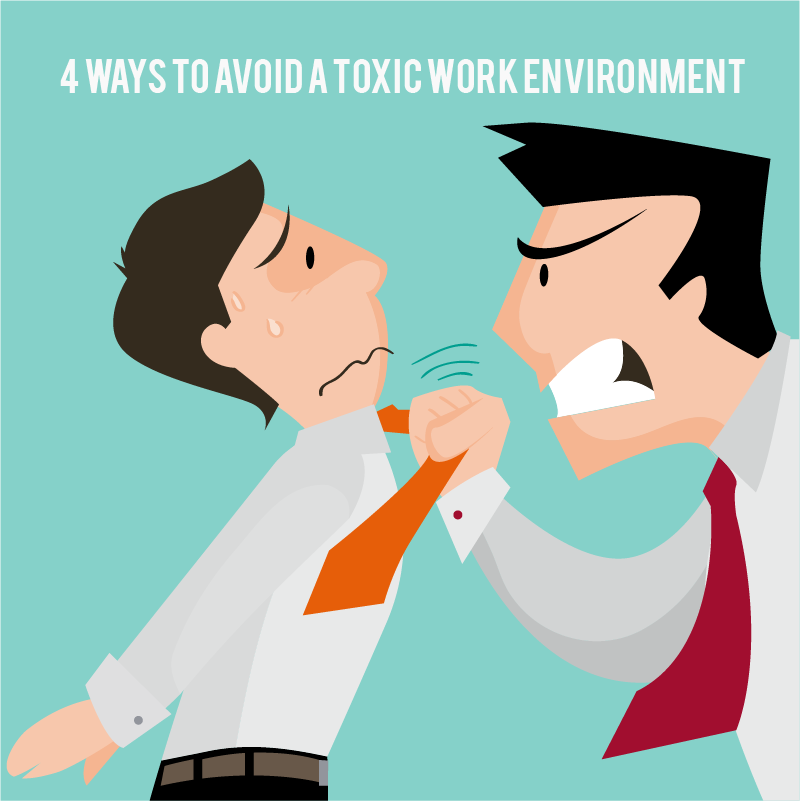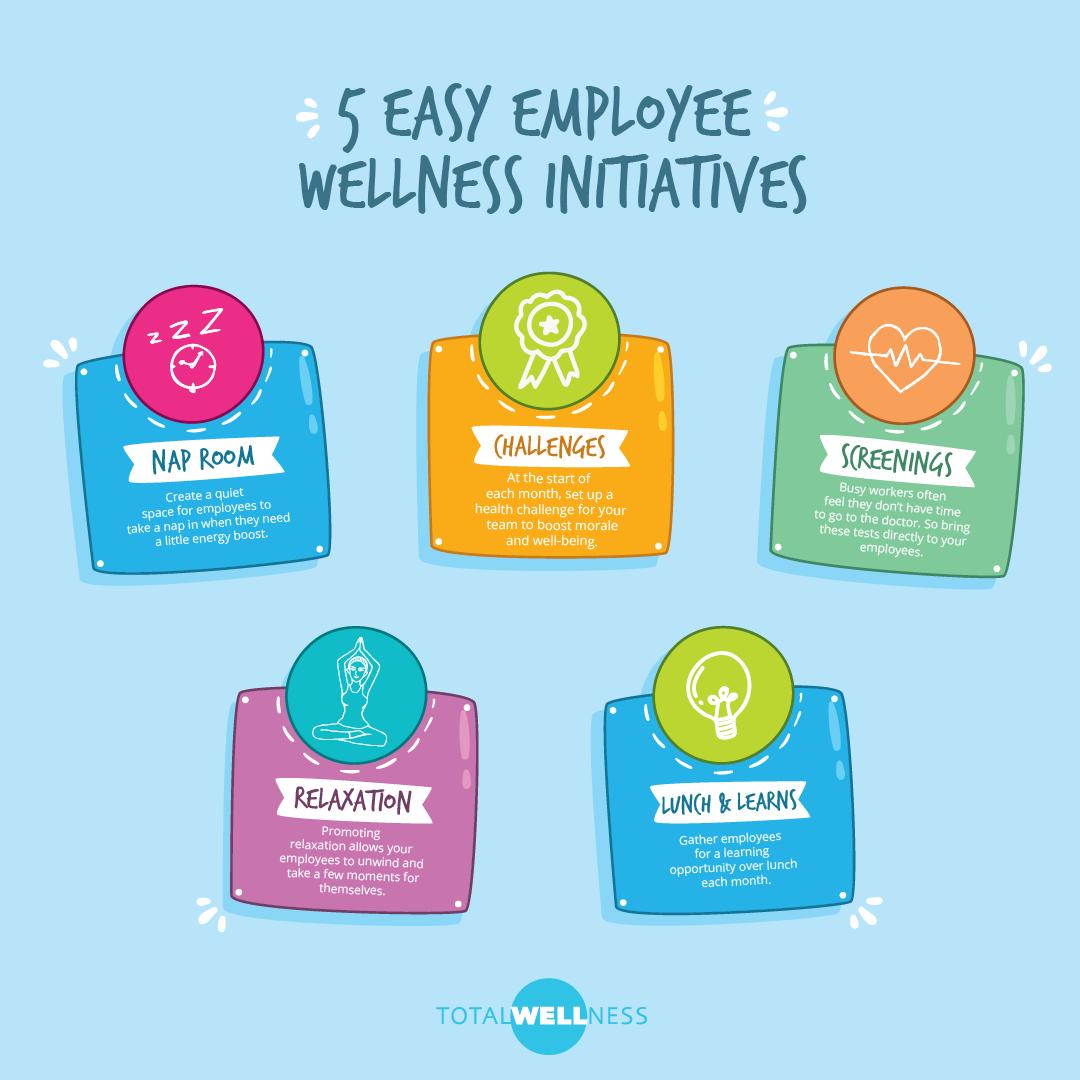Kindness can change your life and your perspective.
Studies also prove people who give to others report feeling happier. What’s more, givers are more likely to continue to do so in the future.
Giving doesn’t have to be expensive; it just needs to be genuine.
To show your employees and coworkers kindness, a simple gesture like lending a helping hand during a tough project can be enough. Or, if a coworker’s car is in the shop, offer to carpool to work.
Regularly doing meaningful gestures will make you feel good, and it creates a more harmonious environment at work and in life in general. Scattering kindness is shown to improve relationships, reduce stress, and even lower blood pressure.
In the spirit of Valentine’s Day, we wanted to share a list of ways to spread kindness.












